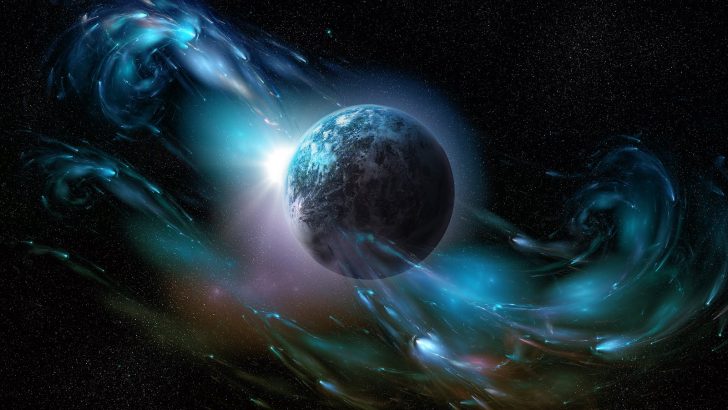Questions of Faith
Deism is the belief that a supernatural entity created the universe, but that this being does not intervene in its creation. The Church describes it like this: “Some admit that the world was made by God but as by a watchmaker who, once he has made a watch, abandons it to itself (CCC 285).”
It’s fair to say that many people today identify with this viewpoint, in that they believe there was some supernatural cause to the universe, but we have now been left to our own devices.
This idea extends back to the beginning of human thought, but it developed significantly during the Enlightenment as critiques of religion, and Christianity in particular, became more prevalent. Many English deists placed considerable doubt on the supernatural character of miracles and prophecy, arguing that they were inconsistent with reason.
Notion
What emerged from this epoch was the notion that all religions were products of human invention, and that many Christian beliefs were farcical. God was no longer seen as a divine entity that interfered in the world but was instead, merely the first cause underlying the universe, being both unknowable and untouchable.
The universe was defined as self-operating, self-regulating and self-explanatory and comprised of unvarying and inviolable physical laws.
While some deists believe that the creator of the universe is an abstract force, others hold that the entity is personal – that it has a mind, but simply has no interest in the endeavours of human beings. This is radically different from the Christian conception of God, which holds that God is not only personal, but created us so that we could know and love him.
What distinguishes deism and theistic religions like Christianity the most is the idea of God’s intervention in history. While deists hold that the creator is far away, Catholics believe that God is with us at all times, can hear us, and even answer our prayers. The Church refers to the creator as a “living God” who gives life and reveals himself to the world. This is perhaps best conveyed in the Incarnation, where Jesus became human, walked among us, and died for our sins.
From the beginning, God envisaged the glory of the new creation in Christ”
“Creation is the foundation of ‘all God’s saving plans’, the ‘beginning of the history of salvation’ that culminates in Christ. Conversely, the mystery of Christ casts conclusive light on the mystery of creation and reveals the end for which ‘in the beginning God created the heavens and the earth’: from the beginning, God envisaged the glory of the new creation in Christ.” (CCC 280)
Plausible
While deists hold that God is apathetic towards his creation, Catholics rejoice in the fact that God interacts and truly cares about us.
Of course, there is common ground between deists and theists in that both believe in a creator of the universe. This mutual belief can act as the starting point for a conversation about who God is, and whether it’s plausible to believe that he intervenes in the world.


 Colm Fitzpatrick
Colm Fitzpatrick


